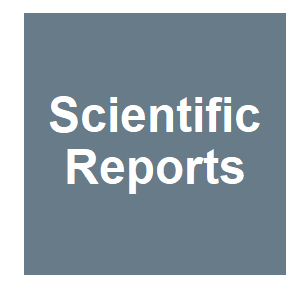Split drive killer-rescue provides a novel threshold-dependent gene drive

|
M. P. Edgington, T. Harvey-Samuel and L. Alphey,
Scientific Reports,
10.
2020.

A wide range of gene drive mechanisms have been proposed that are predicted to increase in frequency within a population even when they are deleterious to individuals carrying them. This also allows associated desirable genetic material (“cargo genes”) to increase in frequency. Gene drives have garnered much attention for their potential use against a range of globally important problems including vector borne disease, crop pests and invasive species. Here we propose a novel gene drive mechanism that could be engineered using a combination of toxin-antidote and CRISPR components, each of which are already being developed for other purposes. Population genetics mathematical models are developed here to demonstrate the threshold-dependent nature of the proposed system and its robustness to imperfect homing, incomplete penetrance of toxins and transgene fitness costs, each of which are of practical significance given that real-world components inevitably have such imperfections. We show that although end-joining repair mechanisms may cause the system to break down, under certain conditions, it should persist over time scales relevant for genetic control programs. The potential of such a system to provide localised population suppression via sex ratio distortion or female-specific lethality is also explored. Additionally, we investigate the effect on introduction thresholds of adding an extra CRISPR base element, showing that this may either increase or decrease dependent on parameter context. More related to this: Recent advances in threshold-dependent gene drives for mosquitoes Threshold-Dependent Gene Drives in the Wild: Spread, Controllability, and Ecological Uncertainty Threshold-Dependent Gene Drives in Wild Populations – A Podcast Reducing resistance allele formation in CRISPR gene drive
|



